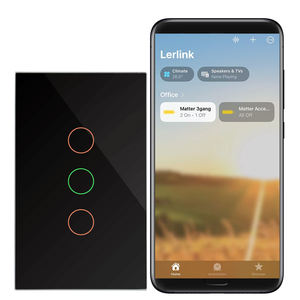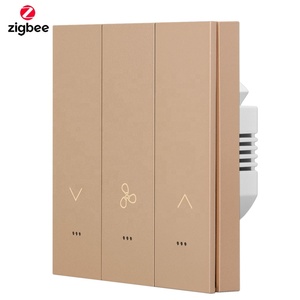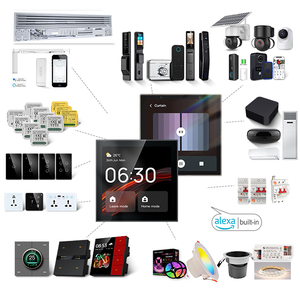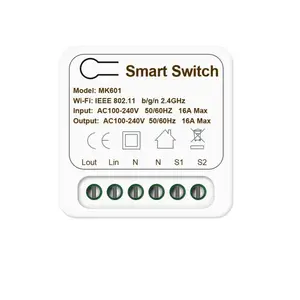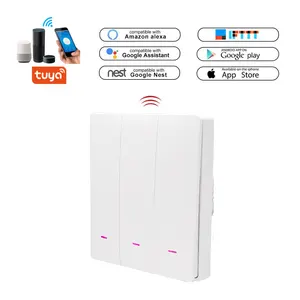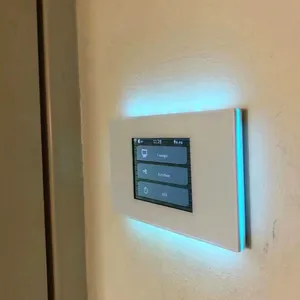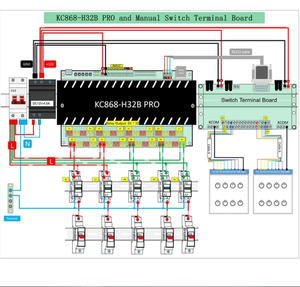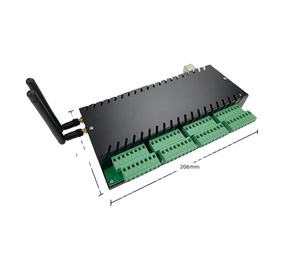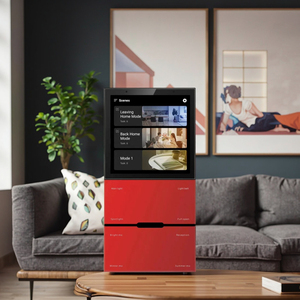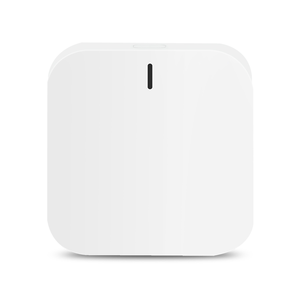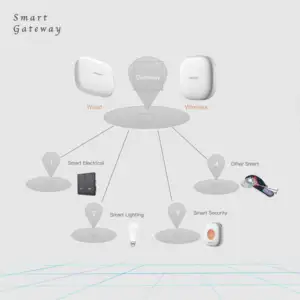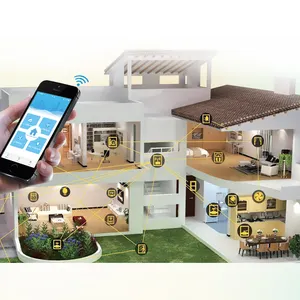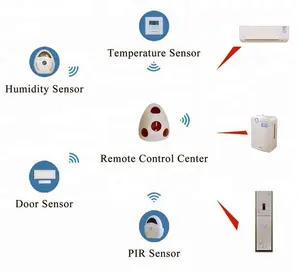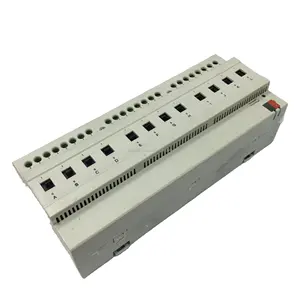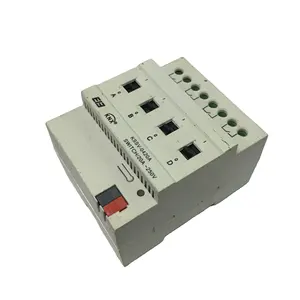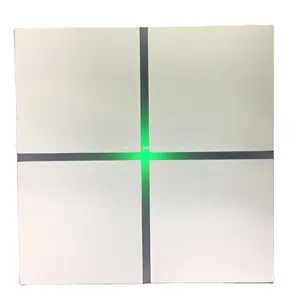Home Automation Devices





 Top sponsor listing
Top sponsor listing



 1/3
1/3



 1/3
1/3




 1/3
1/3

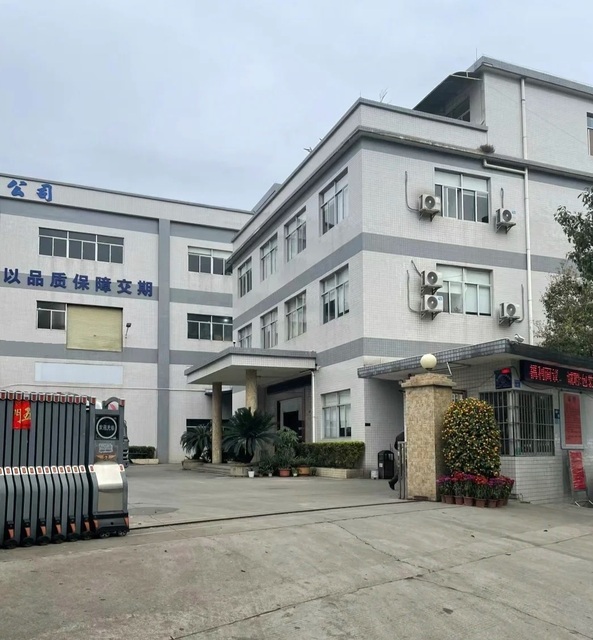

 1/3
1/3



 1/3
1/3




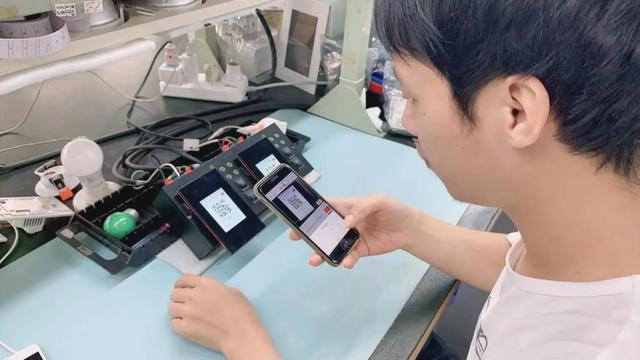

 1/28
1/28




 1/3
1/3



 1/3
1/3



 1/3
1/3



 1/3
1/3




 1/3
1/3

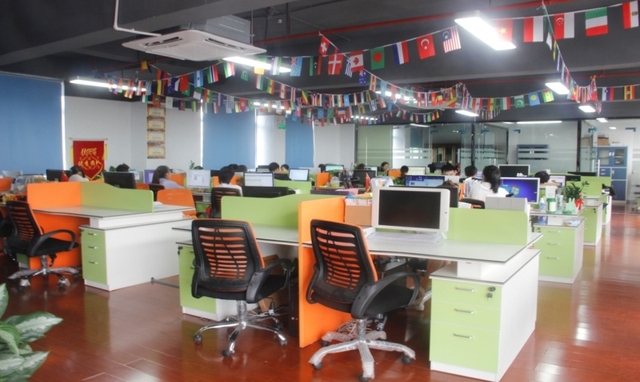

 1/3
1/3


 1/1
1/1

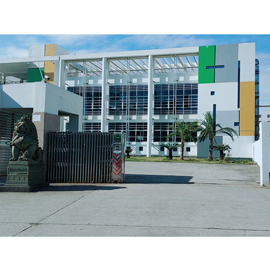
 1/1
1/1




 1/3
1/3





 1/40
1/40






 1/25
1/25

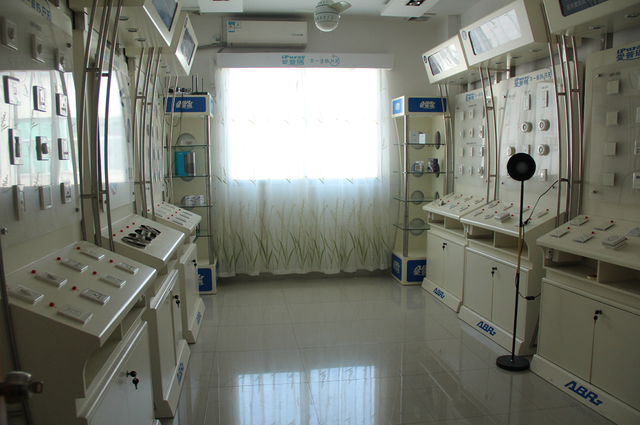

 1/3
1/3



 1/3
1/3
About home automation devices
Where to Find Home Automation Devices Suppliers?
China remains the global epicenter for home automation devices manufacturing, with Shenzhen emerging as the primary technology hub due to its dense ecosystem of electronics R&D, component suppliers, and smart IoT integration expertise. The city hosts a high concentration of OEM/ODM manufacturers specializing in Wi-Fi, Zigbee, Z-Wave, and Tuya-compatible systems, enabling rapid prototyping and scalable production. These suppliers benefit from proximity to semiconductor foundries, PCB assembly lines, and logistics networks that support efficient export operations across North America, Europe, and Southeast Asia.
The region’s vertically integrated supply chain allows for reduced material procurement lead times and faster time-to-market—critical advantages for rapidly evolving smart home technologies. Most manufacturers operate within 5,000–20,000m² facilities equipped with SMT production lines and automated testing stations, achieving monthly output capacities ranging from 10,000 to over 100,000 units depending on product complexity. Buyers gain access to flexible MOQs (as low as 1–5 pieces for prototypes), customization in firmware, housing materials, and branding, and compliance-ready designs aligned with international market requirements.
How to Choose Home Automation Devices Suppliers?
Procurement decisions should be guided by structured evaluation criteria focused on technical capability, operational reliability, and transaction security:
Technical & Compliance Validation
Prioritize suppliers offering CE, RoHS, FCC, or UKCA certifications, especially for wireless-enabled products entering regulated markets. Verify compatibility with major smart home ecosystems such as Alexa, Google Home, Apple HomeKit, or Tuya-based platforms. Request test reports for signal stability, power consumption, and EMI/EMC performance to ensure field reliability.
Production & Customization Capacity
Assess key indicators of manufacturing maturity:
- In-house design and firmware development teams capable of UI/UX customization
- Support for multiple communication protocols (Wi-Fi, Zigbee 3.0, Z-Wave, Bluetooth Mesh)
- Customization options including color, material, size, logo, packaging, and graphic interface
Cross-reference stated capabilities with on-time delivery rates (target ≥98%) and reorder rate trends to gauge consistency and customer satisfaction.
Transaction Risk Mitigation
Utilize secure payment methods such as escrow services or Trade Assurance programs where available. Evaluate response time metrics (ideally ≤2 hours) and historical order fulfillment data. Conduct sample testing for build quality, software responsiveness, and long-term durability before scaling orders. Confirm packaging standards and export documentation support for seamless customs clearance.
What Are the Best Home Automation Devices Suppliers?
| Company Name | Type | Main Products | On-Time Delivery | Reorder Rate | Avg. Response | Online Revenue | Min. Order |
|---|---|---|---|---|---|---|---|
| Shenzhen Lerlink Technology Co., Ltd. | Custom Manufacturer | Wall Switches, Remote Control Switches, Smart Plugs, Smart Home Devices | 100% | 19% | ≤2h | US $10,000+ | 1 piece |
| Shenzhen Lona Technology Co., Ltd. | Manufacturer | Smart Home Systems, Gateways, Power Sockets, Control Panels | 84% | 25% | ≤3h | US $10,000+ | 1 piece |
| Shenzhen x-focus Co.,Ltd | Manufacturer | Smart Control Panels, Wall Switches, Home Theater Systems | 90% | <15% | ≤6h | US $100,000+ | 1 piece |
| Shenzhen Ai Rui Intelligent Electronics Co., Ltd. | Manufacturer | Smart Switches, Plugs, Curtain Drivers, NSPanel Series | 98% | 16% | ≤6h | US $80,000+ | 5 pieces |
| Jiujiang Aomytech Co., Limited | Manufacturer | Touch Glass Switches, Smart Sockets, Power Strips | 100% | <15% | ≤1h | US $20,000+ | 1–50 pieces |
Performance Analysis
Shenzhen Lerlink and Jiujiang Aomytech demonstrate perfect on-time delivery records (100%), indicating strong logistics control and inventory management. Despite lower reorder rates, both exhibit high responsiveness (≤2h and ≤1h respectively), suggesting effective customer service despite potential limitations in product differentiation or post-sale engagement. Shenzhen Lona stands out with a 25% reorder rate—the highest among listed suppliers—indicating strong product-market fit and repeat buyer confidence, though its 84% on-time delivery rate presents a moderate fulfillment risk. Shenzhen x-focus leads in revenue volume (US $100,000+), reflecting extensive export activity and likely larger-scale operations, particularly in premium touch-screen control panels and KNX-certified systems. Buyers seeking customization at scale should prioritize suppliers like Lerlink and Ai Rui, which explicitly list comprehensive OEM/ODM support across materials, graphics, and packaging.
FAQs
How to verify home automation device supplier reliability?
Cross-check certification claims (CE, RoHS, FCC) through official databases or third-party inspection reports. Analyze supplier transaction history, focusing on consistent on-time delivery (>97%), response efficiency (≤2h), and verified customer reviews. Request product test videos, firmware demo access, and BOM transparency for critical components.
What is the typical lead time for samples and bulk orders?
Sample production generally takes 7–15 days, depending on customization level. Standard bulk order lead times range from 25–40 days after deposit confirmation. Expedited processing may reduce timelines by 5–10 days for ready-stock items such as Wi-Fi switches or Tuya-compatible plugs.
Can suppliers accommodate custom firmware and app integration?
Yes, most established manufacturers offer SDK access and support for private-label apps, UI modifications, and protocol-specific firmware tuning. Technical feasibility depends on minimum order quantities—typically starting at 500–1,000 units for full customization.
Do suppliers provide free samples?
Free samples are uncommon but negotiable based on projected order volume. Many suppliers offer discounted sample pricing (e.g., $2.80–$210/unit) that can be credited toward future bulk purchases exceeding 100 units.
What are common MOQs for customized home automation devices?
Standard product MOQs range from 1–5 pieces for off-the-shelf models. For customized variants involving unique molds, firmware, or packaging, MOQs typically start at 500 units. Some suppliers offer hybrid solutions using modular platforms (e.g., Tuya NSPanel) with lower MOQs (50–100 units) for semi-custom configurations.










